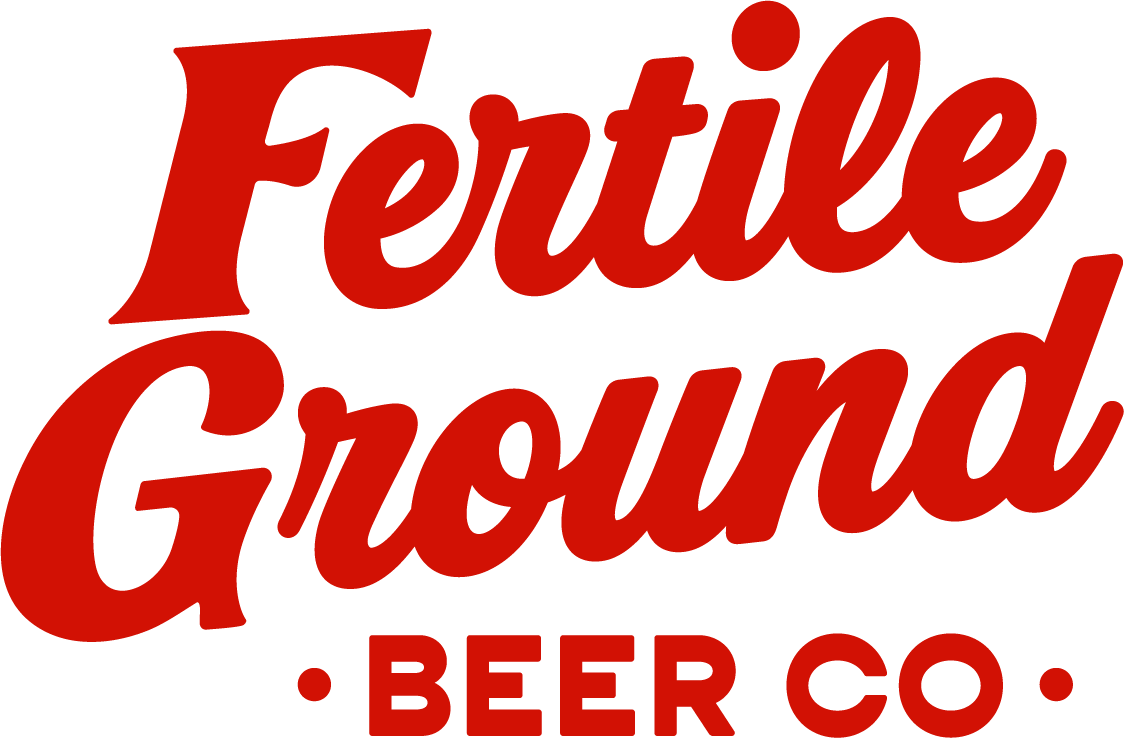Discovering Kölsch Beer: A Heritage of Tradition and Regional Pride
July 16, 2024Kölsch beer, originating from the city of Cologne (Köln), Germany, embodies a rich heritage steeped in tradition, craftsmanship, and local identity. This pale, clear, top-fermented ale holds a special place in German brewing history, celebrated both locally and internationally for its unique characteristics and cultural significance.
Early Origins and Brewing Tradition
Kölsch beer traces its origins back to the early 20th century, although its roots can be linked to earlier brewing practices in Cologne. The term "Kölsch" itself is derived from the Kölsch dialect, which is the regional dialect spoken in Cologne. The beer style emerged as a response to the rise of pale lagers in Germany, offering a distinct alternative with its fruity, clean taste profile.
Protected Geographical Indication
In 1986, Kölsch beer received Protected Geographical Indication (PGI) status under EU law, signifying its importance as a regional specialty. This designation ensures that only beers brewed within the Cologne metropolitan area and adhering to specific brewing standards can legally bear the name "Kölsch." This protection underscores the beer's cultural and historical significance to the city and its inhabitants.
Brewing Process and Characteristics
Kölsch beer is brewed using ale yeast, but it undergoes a cold fermentation process similar to lagers. This method results in a clear, pale golden beer with a balanced malt sweetness and a subtle, fruity hop bitterness. Kölsch is typically light-bodied, highly carbonated, and has a crisp, dry finish—making it a refreshing choice, especially during Cologne's warm summers.
Traditional Serving and Cultural Significance
Part of Kölsch beer's charm lies in its serving tradition. It is traditionally served in small, cylindrical 200ml glasses called "Stange" to maintain its freshness and effervescence. Waiters, known as "Köbes," serve Kölsch in a continuous manner, marking each glass on a coaster until the drinker signals to stop by placing the coaster on top of the glass.
Kölsch beer is deeply ingrained in Cologne's cultural fabric, often enjoyed in local brewpubs (called "Brauhaus") and beer gardens. These establishments not only serve Kölsch but also embody Cologne's convivial atmosphere and sense of community.
Historical and Modern Evolution
Throughout history, Kölsch beer has weathered challenges such as wars, economic fluctuations, and changing tastes. Despite these hurdles, local breweries in Cologne have preserved and nurtured the Kölsch brewing tradition, passing down techniques and recipes from generation to generation.
In recent years, Kölsch beer has gained recognition beyond Germany, finding appreciation among beer enthusiasts worldwide for its crispness, drinkability, and unique cultural context. Craft breweries outside of Cologne have also embraced the Kölsch style, often producing variations that pay homage to its traditional roots while incorporating local ingredients or innovative techniques.
Conclusion
Kölsch beer stands as a testament to Cologne's brewing heritage and the enduring appeal of regional beer styles. Its status as a Protected Geographical Indication highlights its importance not only as a beverage but also as a symbol of local pride and craftsmanship.
Whether enjoyed in Cologne's historic Brauhaus or sampled abroad, Kölsch beer offers a taste of tradition and a connection to a vibrant cultural legacy that continues to evolve with each glass raised in celebration.
Come to Fertile Ground and check our Kölsch, Cultural Connector. It is always one of our most requested crispy beers.
